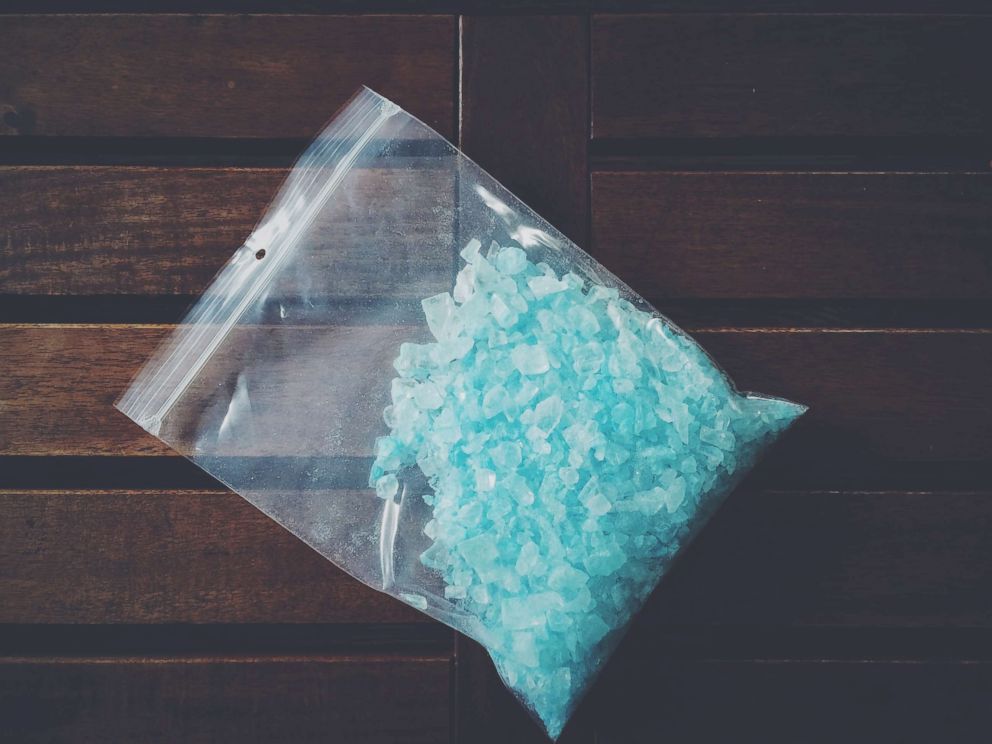
In 2006, the US enacted the Combat Methamphetamine Epidemic Act (CMEA) in 2006, which regulated the chemicals used to create meth. This made it harder for local producers to satisfy supply, and the 2010 World Drug Report found a significant decrease in the production of meth in the US since the enactment of the law. However, meth's inelasticity means that with almost no supply and prices soaring, demand for meth stays virtually the same. In order to satisfy this lack in supply, production moved down south to Mexico, where the number of meth labs have dramatically increased. Although authorities in Mexico and other western countries have also been clamping down on access to precursors, production merely moves on to other countries with laxer regulations. For example, Colombian traffickers produce coca base, which is an intermediate stage in the process, and send it to countries with little control over precursors for the next step in production. Essentially, as long as American consumers provide the demand for drugs, traffickers will continue to find the easiest path to create supply and maximize potential revenue.
Given that drugs are regulated by inelastic demand, attempting to decrease the supply will have no effect on demand. It seems that the best way to end the drug epidemic is by reducing the demand curve not through punishments like non-violent drug law offenses, but through methods such as better rehabilitation and reducing poverty.
https://www.huffpost.com/entry/demand-powerlessness-and-the-war-on-drugs_b_59a6b596e4b084581a14997b
https://www.insightcrime.org/news/analysis/the-struggle-to-ban-precursor-chemicals/
The war on drugs is a very controversial topics. There is a lot of debate over how the use advertisements to promote drugs has played a role in the opioid crisis. The increases regulations on advertising only seem to be doing so much to stop the crisis. Even with decreased production of certain drugs their consumption remains the same because of their inelastic nature. It will be interesting to see what new plan the government implements to fight the war on drugs and how economists will play a role.
ReplyDeleteI agree with your comment on how to reduce the high demand for drugs in the United States. As long as people resort to drugs, there will be a demand for South American countries to supply to. I think that the government should play a significant role in reducing this demand for street drugs by decriminalizing drugs. By decriminalizing drugs, the production and sale of these hard drugs are still illegal, but the consequences for possession is not. This means that people that have drug problems do not have to worry about getting in trouble with the law and can come forward to get the rehabilitation and help that they need. Instead of seeing prison guards, they would see drug addiction counselors, causing a much higher success rate of stopping drug dependency. I think that this would decrease the demand for these illegal drugs in the United States.
ReplyDelete